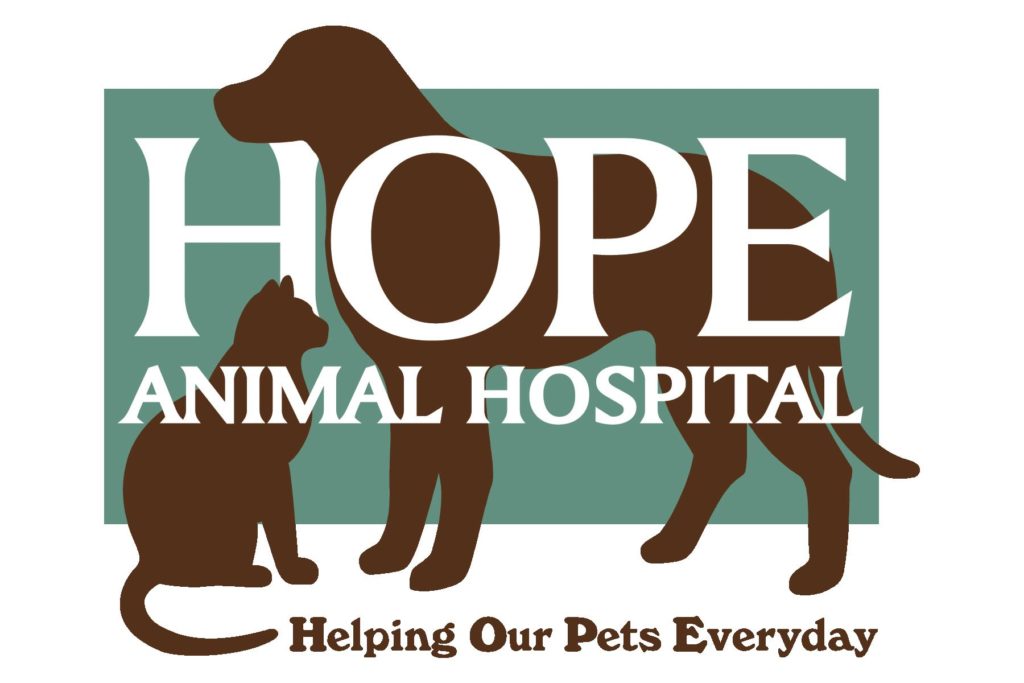Library
-
Acetaminophen, also known as paracetamol, is an analgesic (pain reliever) and fever-reducing medication. It is used to treat pain and fever in dogs. It is used “off label” or “extra label” in some avian species, rabbits, miniature pigs, and some rodent species. Acetaminophen comes in capsule, tablet, or liquid suspension form. NEVER USE in cats or ferrets as it is potentially fatal at even miniscule doses.
-
Atropine ophthalmic (brand name Isopto Atropine) is an eye medication used to dilate (enlarge) the pupil. It is used off label (extra label) only, in all veterinary species of animals. Atropine ophthalmic comes in a 1% drop, solution, or ointment form, which is placed directly into the eye.
-
Mini-pigs are very social animals. Understanding their need for attention and their social interactions with the human family or another pet pig is essential to keeping your pet happy. Outdoor activities in a safe, fenced-in yard are helpful and enriching for your pet mini-pig.
-
Carboxymethylcellulose polymer + propylene glycol gel (brand name Intrasite®) is a water-based gel that helps rehydrate wound tissue and helps keep moisture balance to aid in wound healing. This medication comes in a water-based gel form in application packs.
-
Ceramides are naturally occurring lipid (fat) molecules that make up a large portion of the outer skin layer. Ceramide skin care products are available as over-the-counter veterinary products in various topical forms. They are used to help manage skin conditions in dogs, cats, and other animals. Your veterinarian is the best source of information about the safety of non-drug health products in pets.
-
Like other pets and people, mini-pigs can suffer from numerous health problems including inner/middle ear infections, foot abnormalities, atrophic rhinitis, pneumonia, intestinal parasites and obesity. Obesity can lead to joint injury and arthritis. Mini-pigs may ingest inappropriate items leading to gastrointestinal tract blockages. If blockages are not dealt with quickly intestinal rupture and death may occur.
-
Like other pets and people, mini-pigs may suffer from numerous health problems, including those associated with the urinary and reproductive tracts, eye health, melanoma, accidental poisoning, a bacterial disease called erysipelas, and an unusual disease called Dipity Pig.
-
Dantrolene is a muscle relaxant used to help relax the urinary tract and improve urine flow in cats and dogs. It has also been used to help prevent muscle contractions caused by certain toxicities in dogs and malignant hyperthermia in miniature pigs and dogs. It is used off label (extra label) in veterinary medicine. Dantrolene comes in capsule and injectable forms.
-
Diphenhydramine is given by mouth or as an injection and is used on and off label to treat allergic reactions, motion sickness, and to induce sedation. Side effects include sleepiness, and less commonly dry mouth and gastrointestinal upset.
-
Pigs are omnivores that typically eat multiple small meals throughout the day. A mini-pig's base diet should consist of a commercially available, nutritionally balanced pelleted chow formulated for mini-pigs. Treats such as small pieces of succulent fruits or vegetables may be offered once or twice a day and are best used as rewards in training. Feeding guidelines are discussed.

